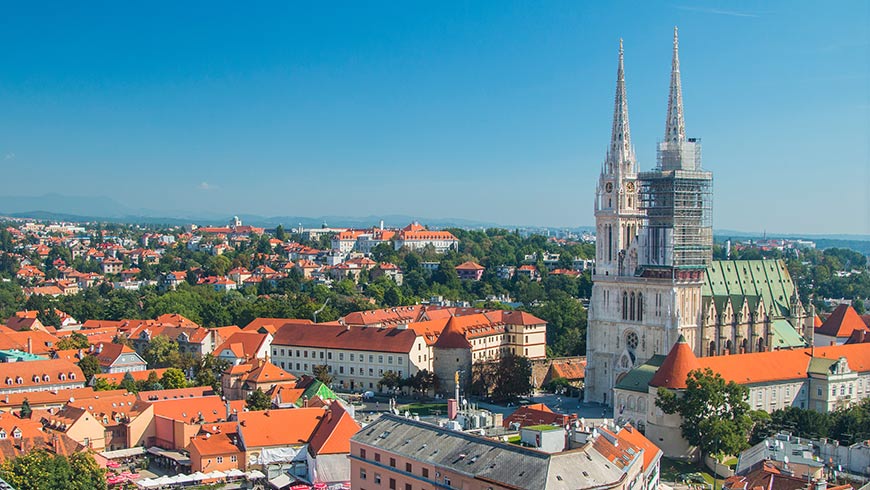In its Fifth Opinion on Croatia, the Council of Europe’s Advisory Committee on the Framework Convention for the Protection of National Minorities acknowledges that the country’s legislative framework for national minorities is “overall in conformity with the provisions of the Framework Convention”. Indeed, “comprehensive anti-discrimination legislation has been enacted and structures to promote equal treatment and address individual cases of discrimination at national and regional levels are in place” (See also the French version of the report and а summary of the Opinion’s main findings in Croatian).
But discrimination towards persons belonging to certain groups “persists”, notably for Roma and Serb national minorities, including returnees. Since the last report on Croatia, the Opinion also notes an increase in hate crime and “incidents of hate speech in the media and in political discourse”. Furthermore, a “surge” in “radical nationalism” has had “an overall negative impact on the enjoyment of minority rights, particularly in heavily affected post-conflict areas”. In this respect, the Opinion welcomes a “reconciliation process” that occurred in the summer of 2020 as the Croatian Deputy Prime Minister, who belongs to the Serb national minority, participated in a commemoration of the liberation of Croatia’s territory, and the mourning of the Serb victims of the 1991-1995 war by the Croatian Prime Minister and other members of his cabinet.
The Opinion is also critical of the extent to which public debate related to national minorities is “dominated by anti-minority rhetoric and prejudice, with persons belonging to the Serb and the Roma national minorities being the most affected.” In response, the Opinion calls for strengthening the Ombudsperson’s Office and improving the efficiency of the free legal aid system, and increasing the impact of human rights and non-discrimination training for law enforcement and the judiciary, as such measures would improve outreach to vulnerable groups and fight under-reporting of discrimination cases.
The new Opinion on Liechtenstein was also published on 10 June by the FCNM Advisory Committee.



